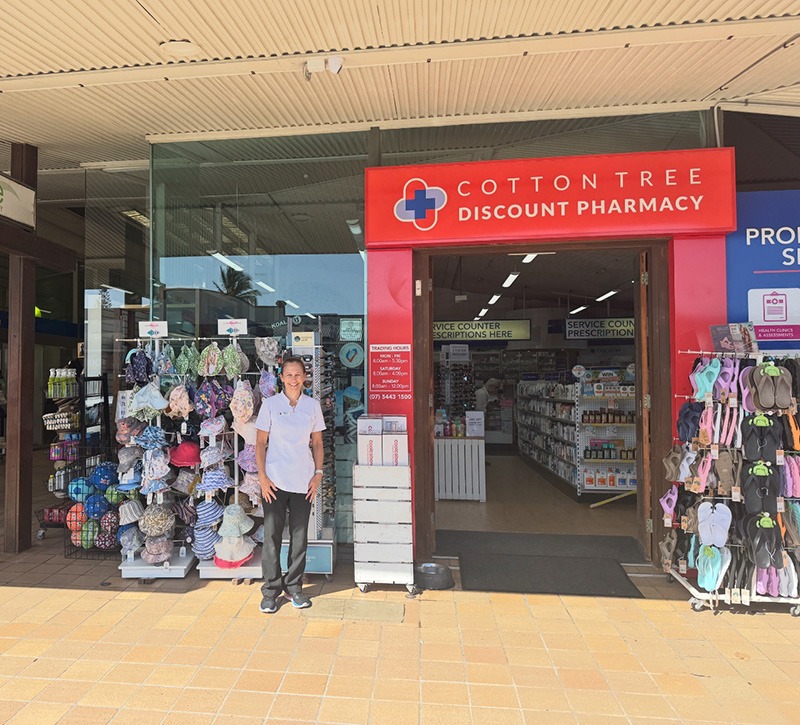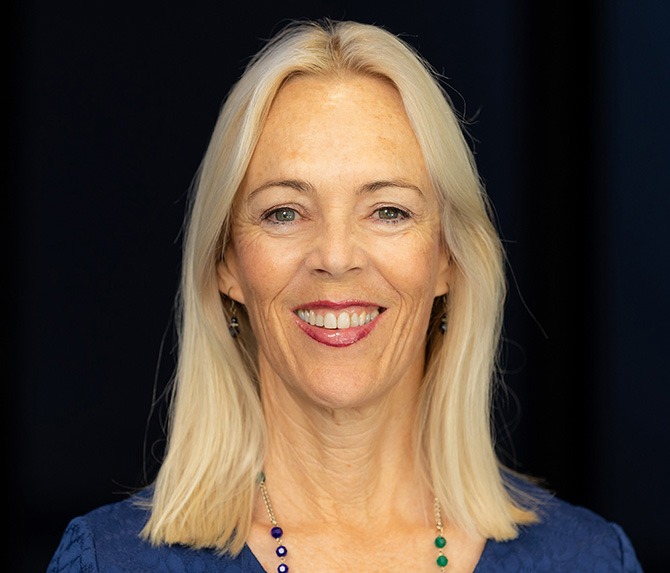As PSA’s 2025 Symbion Early Career Pharmacist of the Year, Dr Kate Wang MPS is shaping pharmacy education and aged care policy through a unique blend of academic rigour and real-world compassion.
 As an intern, Dr Wang was struck by how many medicines went into dose administration aids. An interest in quality use of medicines ensued. An interest in quality use of medicines ensued.
As an intern, Dr Wang was struck by how many medicines went into dose administration aids. An interest in quality use of medicines ensued. An interest in quality use of medicines ensued.
Dr Wang entered the pharmacy profession almost by chance. Initially uncertain about her career path, Dr Wang applied to study pharmacy in Queensland, commerce in New South Wales and law in Victoria – ultimately choosing pharmacy. It kept her closest to her family in Toowoomba.
She graduated from the University of Queensland in 2014 and completed her internship at a community pharmacy in Bulleen, Victoria, after her family relocated to Melbourne.
While at university, she developed a passion for research, which she was eager to pursue after her intern year. Unsure where to start in a new city, she turned to a facilitator from the PSA Intern Training Program, who connected her with colleagues at Monash University. There, she started a PhD and her research journey officially began.
Today, she is a Senior Lecturer in Pharmacy Practice at RMIT University, Adjunct Senior Lecturer at the University of Western Australia and a pharmacist at Alfred Health.
‘I find it incredibly rewarding when something I’ve discovered becomes a relevant and engaging example in the classroom,’ Dr Wang says. ‘When analysing data, you never quite know what the results will reveal. Sometimes the findings are completely unexpected, prompting you to think critically about why they occurred. It’s that sense of curiosity and excitement that I enjoy most.’
Aged care advocacy
Dr Wang’s research is particularly focused on medicine safety in aged care – an area she views as vital given the world’s rapidly ageing population. She is currently working alongside experts including Dr Amy Page and Dr Kenneth Lee from the University of WA to advocate for pharmacists to be embedded within aged care settings.
’Over 50% of aged care residents are exposed to at least one potentially inappropriate medicine,’ she says.
‘We are committed to addressing this pressing issue and improving medication safety and the quality of care for older Australians.
‘Pharmacists can initiate necessary therapies, deprescribe harmful or unnecessary medications, and tailor ongoing medication management through timely reviews and follow-up based on individual needs. They play a critical role in ensuring residents receive safe, appropriate, and effective treatment.’
Support and success
A recurring theme throughout Dr Wang’s career is a desire to collaborate and connect with her peers. She encourages other early career pharmacists to explore opportunities beyond their regular roles.
‘Pharmacy is such a diverse and dynamic field, offering countless pathways. Attend events run by professional organisations such as PSA, whether it’s a conference, webinar, or a social gathering. These experiences allow you to connect with professionals from diverse areas of pharmacy, broaden your perspective, and make your career journey more enjoyable and rewarding.’
She attributes her successes so far not just to her work, but to the support and encouragement of those around her.
Outside work, Dr Wang loves to travel. She and her husband recently returned from a Hawaii trip where they witnessed an active volcanic eruption. She also loves watching Chinese dramas and painting when time permits, and makes it a priority to have dinner with her parents and in-laws every week. Family counts.
‘My achievements are not mine alone. I feel incredibly fortunate to have been supported by many amazing people across different stages of my career.’
Q&A
1. What is the one scope of practice change you would most like to see?
I’d like to see pharmacists embedded in every aged care facility across Australia. Hopefully, we will have increased and sustained funding to support the integration of pharmacists as a standard part of aged care teams in all facilities nationwide.
2. What advice would you give to your younger self?
Be curious, stay open-minded, and don’t be afraid to step outside your comfort zone. Say yes to new opportunities as you never know where they might lead. And most importantly, don’t fear failure. Every experience, even the difficult ones, can help you grow and shape the person you become.
3. What pharmacist role do you see yourself performing in 2030?
By 2030, I hope to be actively contributing to the education and training of the next generation of pharmacists. Hopefully, I will be delivering curricula that reflect an even further expanded scope of practice. I also aspire to become a professor and continue advocating for progressive, evidence-based changes in pharmacy practice.




 Deborah Williams at the Chemist Warehouse Australian Open pop-up pharmacy[/caption]
Deborah Williams at the Chemist Warehouse Australian Open pop-up pharmacy[/caption]


 Rebecca Davies[/caption]
Rebecca Davies[/caption]

 Professor Clare Collins[/caption]
Professor Clare Collins[/caption]
 Associate Professor Trevor Steward[/caption]
Associate Professor Trevor Steward[/caption]





